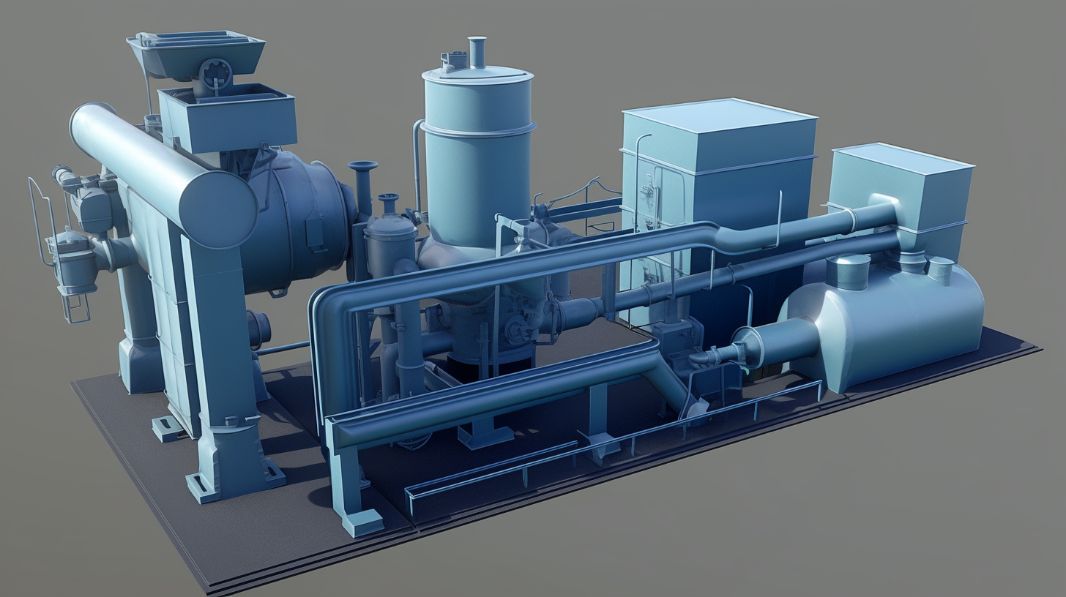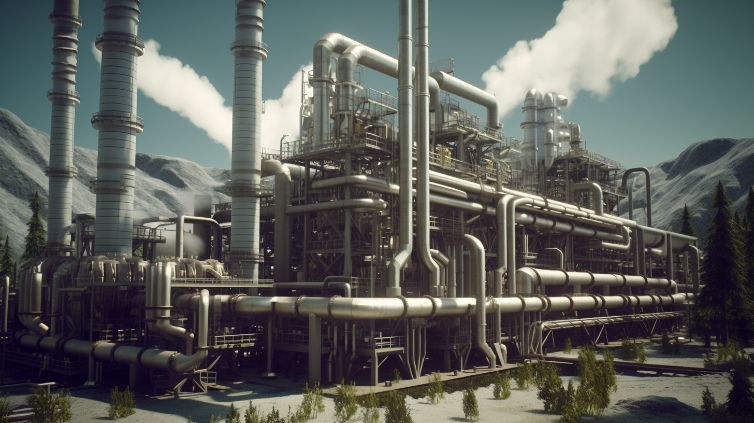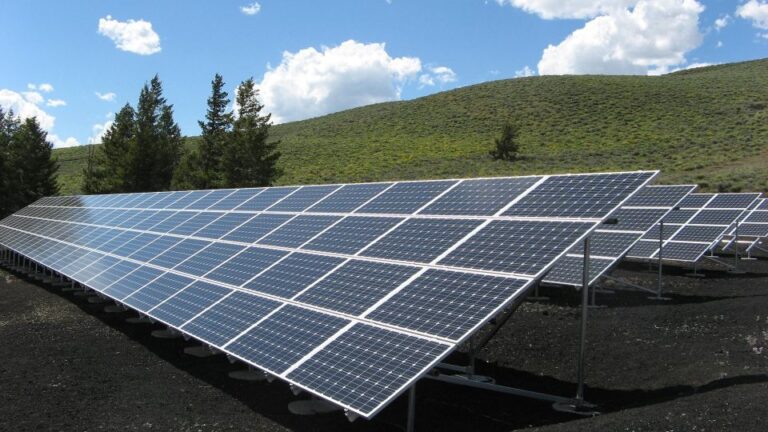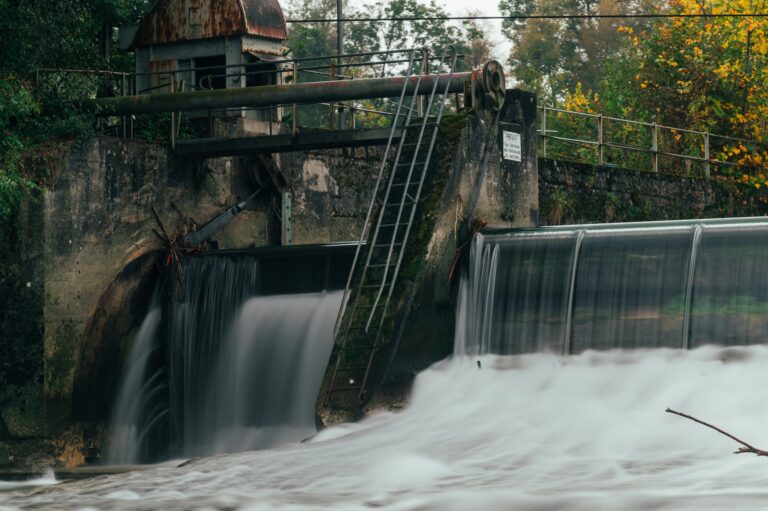The Pros and Cons of Installing a Geothermal Energy System
Introduction
Geothermal energy is a renewable energy source that generates power by harnessing the heat from the Earth’s interior. This energy source is regarded as one of the most ecologically beneficial and long-term sources of energy. The significance of green energy sources such as geothermal energy cannot be overstated as the world continues to confront the challenges of climate change and the depletion of nonrenewable resources.
The goal of this piece is to look into the advantages of geothermal energy and how it can help meet the increasing demand for clean energy. We’ll look at the technology that powers geothermal energy, its benefits and drawbacks, and its part in the shift to a more sustainable energy future.
Table of Contents
Pros of Installing a Geothermal Energy System
Geothermal energy systems are gaining popularity as a more environmentally friendly and cost-effective option to conventional heating and cooling systems. The following are some of the primary advantages of having a geothermal energy system in your house or business:

Energy payment cost reductions
One of the most significant benefits of geothermal energy systems is their ability to considerably lower energy expenses. Geothermal systems, as opposed to conventional heating and cooling systems that depend on fossil fuels, use the natural heat of the ground to control indoor temperatures. This means that geothermal systems can save homeowners and companies up to 70% on their energy costs, making them an excellent long-term investment.
The device has a long lifetime.
Geothermal energy sources are long-lasting. These devices can last up to 50 years or more if properly installed and maintained. This means that residents and companies will have consistent and efficient heating and conditioning for decades to come.
Low upkeep needs
In comparison to conventional heating and cooling systems, geothermal energy systems require very little upkeep. This is because the system is mainly self-contained and does not require frequent fuel supplies or filter replacements. As a result, homeowners and companies can save time and money on upkeep.
Friendly to the environment
Geothermal energy systems are a more ecologically favorable and sustainable option to conventional heating and cooling systems. Geothermal systems generate no emissions and have a low environmental effect because they use the earth’s inherent heat. As a result, they are an excellent option for homeowners and companies seeking to decrease their carbon impact.
Consistent and dependable electricity supply
Geothermal energy devices offer a consistent and dependable supply of energy all year. Unlike conventional heating and cooling systems, which are susceptible to environmental conditions, geothermal systems are not. This means that regardless of the weather, homeowners and companies can experience constant and dependable heating and cooling.
Tax rebates and bonuses
Finally, tax rebates and benefits may be available for geothermal energy devices. This can help mitigate the original installation costs, making geothermal systems an even more appealing choice for homeowners and companies.
Finally, geothermal energy systems provide a variety of advantages, ranging from cost savings and minimal upkeep needs to environmental stewardship and dependable energy. If you’re looking for a new heating and conditioning system, a geothermal energy system might be the best option.
The Cons of Installing a Geothermal Energy System
Geothermal energy systems are a common option for residents who want to decrease their ecological impact while also saving money on their energy bills. However, before implementing a geothermal energy system, there are several drawbacks to consider.

High Initial Installation Costs
One of the most significant disadvantages of having a geothermal energy system is the expensive initial installation costs. Drilling and building the system can be costly, and recouping the original investment through energy savings may take several years.
Limited Availability in Some Locations
Another disadvantage of geothermal energy sources is that they are not accessible everywhere. The system needs geothermal heat, which may not be accessible in all areas. This can make geothermal energy systems less accessible and less feasible for some residents.
Specific Soil and Land Conditions are Required
Specific soil and land conditions are also required for geothermal energy devices to work correctly. Because the system depends on the earth’s natural heat, the soil and ground must be able to transmit heat efficiently. If the soil and ground circumstances are unsuitable, the device may not function properly.
Probability of System Malfunctions and Repairs
Geothermal energy devices, like any mechanical system, can malfunction and require maintenance. These repairs can be expensive and time-consuming, and they may necessitate specialist knowledge and tools.
Electricity Requirement for Operation
Finally, geothermal energy devices must be powered by electricity. This means that homeowners who implement a geothermal energy system are still reliant on the electricity infrastructure. The geothermal energy source will not work if there is a power failure.
Finally, while geothermal energy systems have many advantages, there are several disadvantages to consider before implementing one. Before making a choice, homeowners should thoroughly weigh the benefits and drawbacks of geothermal energy systems.
Comparison to Other Renewable Energy Sources
Renewable energy sources are gaining popularity as people seek methods to reduce their ecological impact and save money on their energy expenses. Solar and wind energy are two of the most well-known sustainable energy sources, but how do they stack up against each other and other alternatives?
Solar and Wind Energy Comparison
Solar energy is created by capturing and turning the sun’s rays into power. Wind energy is produced by harnessing the wind’s force to spin turbines and create electricity. Both solar and wind electricity have benefits and drawbacks.

Solar energy has several advantages, including its dependability, minimal maintenance requirements, and the ability to be placed on rooftops or in tiny areas. Solar energy, on the other hand, can be costly to install and may be ineffective in regions with restricted sunlight.
Wind energy has several advantages, including its ability to produce significant quantities of electricity and its cheap cost in comparison to other renewable energy sources. Wind turbines, on the other hand, can be loud and may not be appropriate for all places.
Considerations to Make When Choosing the Best Renewable Energy Source
There are several aspects to consider when selecting the finest renewable energy source for your house or company. These are some examples:
- Location: The quantity of sunshine and wind in your region will have an impact on the efficiency of solar and wind energy devices.
- Cost: Solar and wind energy systems can be costly to implement, but they may save you money on energy bills in the long term.
- Upkeep: Some renewable energy systems require more upkeep than others, so consider how much time and money you are prepared to spend in maintenance.
- Energy requirements: Consider how much energy you require and whether solar or wind energy can satisfy those requirements.
Finally, the best renewable energy source for your house or company will be determined by your unique requirements and circumstances. To make an informed choice, it is critical to conduct study and confer with experts.







One Comment